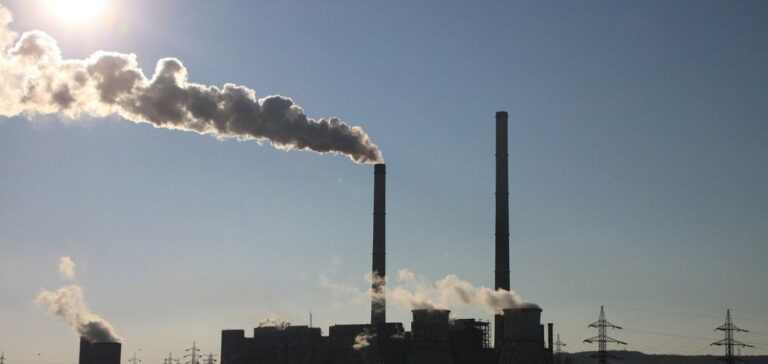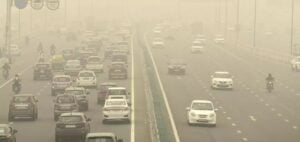The drop in industrial production due to the energy crisis, as well as the increase in the production of renewable energies, allowed Germany to reduce its greenhouse gas emissions by almost 2% last year, according to official figures from the Federal Environment Agency (FEA). The country has thus reached its target for 2022 by emitting 746 million tons of CO2, 15 million less than in 2021.
Targets achieved despite temporary revival of coal-fired power plants
The German government had set a maximum target of 756 million tons of CO2, which was largely achieved. However, the phasing out of Russian gas flows to Germany has led the country to temporarily restart coal-fired power plants, resulting in a 4.4% increase in emissions from the energy sector.
Encouraging results despite the energy crisis
Despite the consequences of the Russian invasion of Ukraine and the subsequent energy crisis, the figures published by the AFE are encouraging. Indeed, industrial production fell by 10.4% due to soaring energy prices.
Efforts are still needed to achieve carbon neutrality
Despite these results, there is still much to be done to achieve Germany’s goal of carbon neutrality by 2045. This would require a threefold increase in the rate of installation of solar panels and wind turbines, as well as a 6% reduction in emissions per year, according to the Federal Environmental Agency.
Important legislative changes to encourage renewable energy
The German government has passed important legislative changes to encourage renewable energy production, including a target of 2% of the total national land area allocated to wind power. The government’s goal is to increase the share of renewable energy to 80% of electricity production by 2030.
France, for its part, saw its greenhouse gas emissions stagnate (-0.3%) over one year between January and September 2022, according to a provisional report published in late December.
Despite these efforts, the environmental NGO Klima Allianz denounces the German government’s slow pace of climate transition. There is still a lot of work to be done to reach the objectives set for the fight against climate change.





















